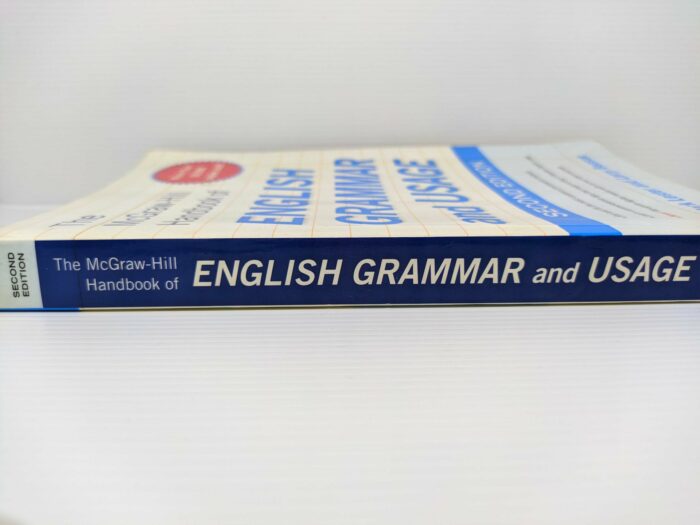
McGraw-Hill, Pearson Education and other big-name textbook publishers have dodged a multidistrict litigation filed by students and textbook resellers that accuses the publishers of colluding with schools to cut out old textbooks in place of new, more expensive materials, damaging the resale market.
U.S. District Judge Denise Cote ruled that the 15 lawsuits that were combined into the multidistrict litigation in August didn’t have standing for most of their antitrust claims, Law360 reports.
The majority of the lawsuits were centered on the publishers allegedly cutting deals with colleges and universities to release new inclusive textbooks that sidelined older versions and meant students had to pay more for course materials and resellers were cut out of the market.
Cote ruled that the students’ claims against McGraw-Hill, Pearson Education and other big-name publishers didn’t stand up as they were indirect purchasers of textbooks in question. Due to a 1977 U.S. Supreme Court decision, indirect purchasers can’t seek damages from the original manufacturer of a product in an antitrust case, Law360 reports.
Cote said that, in regards to the resellers, the claims had no standing because the colleges and universities made the decision to change to inclusive textbooks, not the publishers. That meant that the publishers did not do anything to harm the resale business, Cote said.
The multidistrict litigation also failed to show that the publishers and schools had an anticompetitive agreement, Cote said.
In January, McGraw Hill was hit with a class action lawsuit by textbook authors, alleging that it reduced the royalties it pays out when selling textbooks in violation of their contracts.
University professors who wrote textbooks for McGraw Hill filed the lawsuit saying that affected authors will see a drop in profits of up to 35 percent due to the breach. The issue surrounds McGraw Hill’s online platform called “Connect,” which allows consumers to purchase online textbooks.
Do you support universities and colleges switching to inclusive textbooks? Let us know your thoughts in the comments section!
The students also had their claims against retailers, including Barnes & Noble and Follett Higher Education Group, Inc., rejected, Law360 reports.
The publishers are represented by Willkie Farr & Gallagher LLP, Freshfields Bruckhaus Deringer US LLP, Patterson Belknap Webb & Tyler LLP and Steptoe & Johnson LLP.
The students are represented by the Radice Law Firm PC and Hagens Berman Sobol Shapiro LLP.
The resellers are represented by Steckler Gresham Cochran PLLC and Thompson Coburn LLP.
The Textbook Antitrust Multidistrict Litigation is In re: Inclusive Access Course Materials Antitrust Litigation, Case No. 2946, before the Judicial Panel on Multidistrict Litigation.
Don’t Miss Out!
Check out our list of Class Action Lawsuits and Class Action Settlements you may qualify to join!
Read About More Class Action Lawsuits & Class Action Settlements:
- McGraw Hill Accused of Shortchanging Its Authors on Royalties in Class Action Lawsuit
- Do You Qualify: Adult Entertainment Website Billing Practices Lawsuit Investigation
- Barnes & Noble Class Action Alleges Spiked Textbook Prices
- Do You Qualify: E-Cigarette JUUL Side Effects: Heart & Lung Lawsuit Investigation



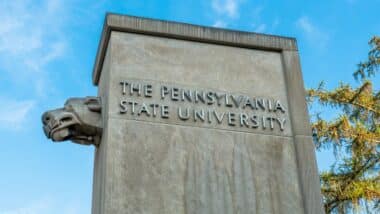
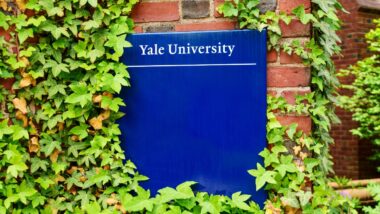


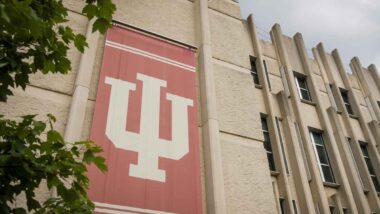

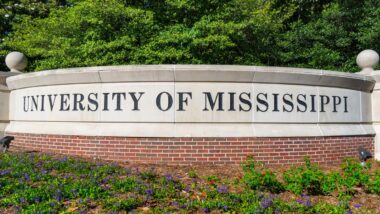


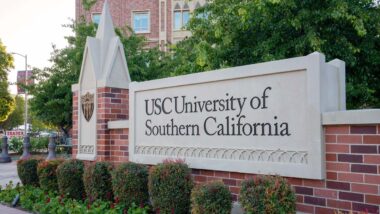

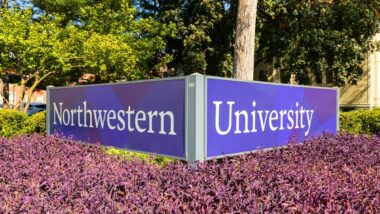
4 thoughts onMultidistrict Antitrust Litigation Against Leading Book Publishers McGraw Hill, Pearson, Shut Down
I took classes at Ivy Tech in 2017. I paid hundreds of dollars for the required textbooks. The next term, the book I just purchased for hundreds were useless to others because the school mandated / required a different book – but had same materials just different cover. That made it impossible to resell the books even in prestige condition. Pearson – McGraw, and other popular companies all did this at least at Ivy Tech. Not to mention how the school allows students to use their grant money first ONLY to charge books etc at THEIR IVY TECH BOOKSTORE ONLY. The college realizes all these students have grant money but ONLY allows them to CHARGE books and etc at their privately owned bookstore no where else making it basically a monopoly on where the students can use their funds making them millions of dollars just from students charging books charging it to their bookstore “account” linked to the grant money or loans.
Add me
Add mw
Please add me. This is terrible